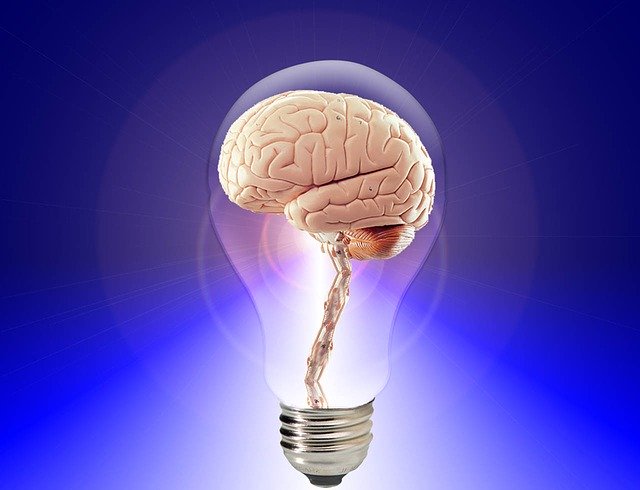Brain Injury and
Concussions
Brain Injury is a devastating diagnosis and the range of difficulties incurred can range from mild to severe. Permanent damage to the brain has occurred and the source of the injury frequently casts out a ripple effect of difficulties in neighboring areas of the brain, causing an even worse effect on function.
The nervous system has to find byways in order to function around the injury and rehabilitation could be a long and arduous process. Some intervention will focus on remediating the nervous system and other interventions will focus on accommodative functions. Brain Injury could occur in utero, at birth or along the entire life span as life hands us these curve balls in being in the wrong place at the wrong time.

Post-Concussion Syndrome (PCS) is the persistence of concussion symptoms beyond the normal course of recovery after a fall, car whiplash accident or similar occurrence. The majority of concussion symptoms will resolve within about two weeks, and with proper recovery almost all dissipate within a month. In cases where symptoms last longer than one or two months, doctors may diagnose Post-Concussion Syndrome. Clients can experience concussion-like symptoms at rest or in response to too much physical or cognitive activity, often forcing them to withdraw from their usual every day activities, social experiences and in some occasions, leaving their jobs.
Our approach to brain injury or concussions is based on the principles of neuro-plasticity and the science that supports that the brain can change. We may never be able to “correct” the original injury, but we can impact on the ripple effect of the original injury. The nervous system has to re-connect with the different pathways in order to improve function.
Our Unique Evaluation Considers
- The impact of the injury / concussion on different sensory systems
- Behavioral implications with regards to inhibition in pre-frontal cortex
- Specific and not generalist approach
- All ages, from infant to adult
- Reflex integration
- Executive functioning
- Social and Emotional functioning
- Academic and vocational performance
- Sports performance

Our Unique Intervention Program:
We consider 3 phases of intervention that would be targeted successively according to the mild, moderate or severe spectrum of needs within which each client’s specific individual differences will be respected and upheld. The frequency and duration of each phase will be determined by the individual differences of each client.
Phase 1: Foundation
- Registration of information across all sensory systems
- Getting the body and mind engaged in the learning process.
- Sensory modulation, reflex integration, sensory discrimination, sensori-motor skill, emotional regulation
- May consist of intensive periods of 10, 12 or 15 consecutive days each (except weekends), as well as combinations of weekly visits to our center
- Home program options are also available.
Phase 2: Organization
- More concerned about the planned behavior of the sensory motor system and how this contributes to skill development and executive functioning.
- Provide the necessary pieces that would enable someone to feel competent, to want to achieve, to function efficiently and in a timely manner.
- Organizing the adaptive response to the sensory stimuli.
- Ocular-motor skills, oral-motor skills, visual-spatial skills, praxis (Apraxia), bilateral integration, coordination and timing, emotional regulation
- May consist of intensive periods of 10 or 12 consecutive days each (except weekends), as well as combinations of weekly visits to our center
- Home programs are also available
Phase 3: Executive Functioning
- Laterality and interhemispheric organization
- Executive functions
- Functional performance in reading, math and written expression
- Vocational performance
- Emotional regulation and social skills
- May consist of intensive periods of 10 or 15 consecutive days each (except weekends), as well as combinations of weekly visits to our center
- Home programs are also available
